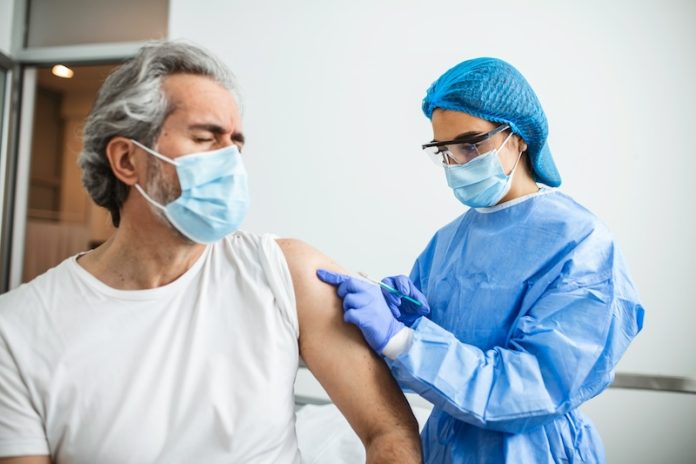
A recent study published in the journal eLife has identified the most effective timing for administering the antiviral drug Paxlovid to COVID-19 patients.
The research indicates that taking Paxlovid between three to five days after the onset of symptoms maximizes its efficacy in reducing viral loads, limiting viral spread, and minimizing the chances of viral rebound.
Paxlovid has been utilized in various parts of the world primarily to protect individuals at high risk of severe outcomes from COVID-19, such as hospitalization and death.
Despite its benefits, the adoption of Paxlovid has been relatively slow, and some patients have reported experiencing a resurgence of the virus after discontinuing the drug.
The study, led by Zhanwei Du, Assistant Professor at the WHO Collaborating Center for Infectious Disease Epidemiology and Control at the University of Hong Kong, and co-senior authors Lauren Ancel Meyers and Benjamin Cowling, emphasizes the importance of timing in the administration of Paxlovid.
By analyzing health records from 208 patients hospitalized with mild to moderate COVID-19 in Hong Kong, the researchers developed mathematical models to understand the drug’s impact on the virus’s behavior.
Their findings suggest that patients who start Paxlovid treatment three days after symptom onset are less likely to experience a viral rebound, with only a 17% chance compared to higher rates in those treated earlier or later.
Treatment within this three to five-day window also appears to significantly reduce the patients’ ability to transmit the virus to others.
The study highlights that timely administration of Paxlovid not only helps in controlling the severity of the disease in individuals but also has implications for public health by potentially reducing the spread of SARS-CoV-2.
This could be crucial in managing pandemic waves without resorting to stringent population-wide restrictions.
However, the researchers caution that further studies are needed to address potential issues such as the emergence of resistance to Paxlovid before it can be recommended for broader use.
They also call for the development of global distribution programs that ensure rapid and equitable access to antivirals like Paxlovid, which could play a significant role in the ongoing fight against COVID-19 as the virus evolves and immunity landscapes shift.
If you care about COVID-19, please read studies about vitamin D deficiency linked to severe COVID-19, death, and how diets could help manage post-COVID syndrome.
For more information about COVID, please see recent studies that low-sodium plant-based diets may prevent COVID-19 better, and results showing zinc could help reduce COVID-19 infection risk.
The research findings can be found in eLife.
Copyright © 2024 Knowridge Science Report. All rights reserved.



